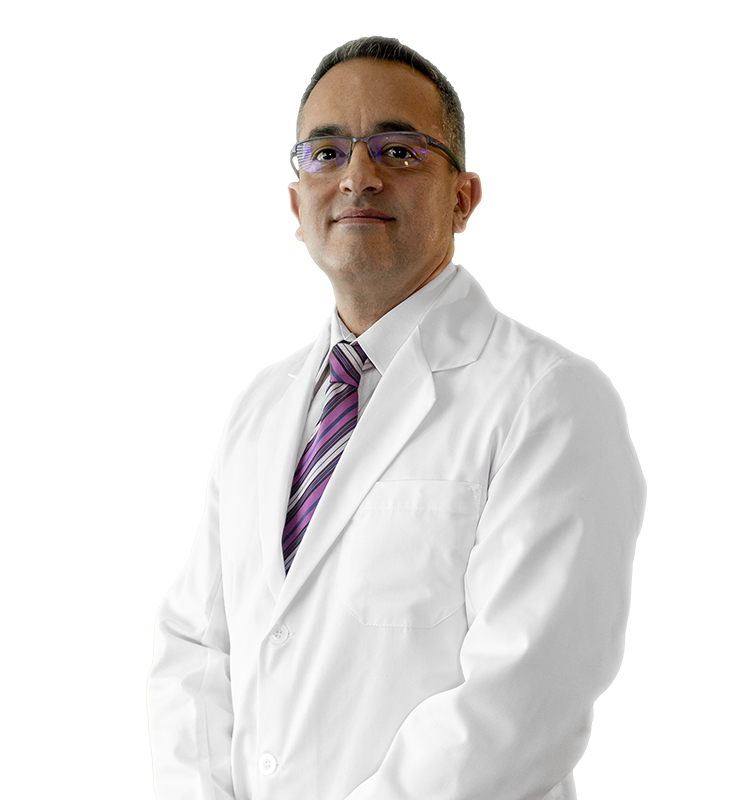In Vitro and donated eggs.
Epigenetics confirms the saying that a mother is the one who raises and loves her children. We have discovered that the during an IVF with donated eggs, embryo’s genes are strongly influenced by the environment in the early stages of development. #KnowledgeIsSuccess and Dr. Otto Paredes, an expert in In Vitro Fertilization at Creafam, explains how the mother, through the uterus and placenta, can regulate the level of activity of various genes.
Introduction: IVF with donated eggs Who will my baby look like?
We all know that twin brothers are almost identical, after all they started life from the same cell that divided into two, so they share the same DNA and even usually share the same seasonal sac and placenta.
But then why are there brothers who are not twins but are almost identical, but there are also brothers who do not look alike at all despite having the same parents?
DNA and epigenetics
All the children of a couple have the same DNA, half comes from the mother and half comes from the father and once they combine a new DNA structure is generated. It should be clear that the structure of the genetic code is fixed from conception, but the activity levels of each gene can be raised or lowered in the early stages of embryonic development and epigenetics is the science that studies how these levels are modified.
One of the greatest discoveries has been that genes are not independent but can influence each other and, furthermore, the environment is an important factor in genetic activity. The clearest example of this influence occurred in what we know as “the winter of hunger” in Holland. Almost at the end of the Second World War, the scarcity and famine due to the conflict reached levels in which pregnant women were fed with a quarter of the daily requirements. This famine told the fetuses that the world was a place of limited resources, so the genes that regulated the height of babies were reduced and those that regulated the ability to transform food into fat were raised, due to this that generation of Dutch had a lower height and greater obesity problems, But what is even more impressive is that the children and grandchildren of that generation have continued to develop these conditions 70 years later, even though the mothers have had completely healthy pregnancies.
As we can see, the structure of the genes was not altered, but extreme changes in the environment modified the levels of genetic activity that were even inherited from generation to generation.
In Vitro Fertilization and Egg donation
We still do not have exact knowledge about how each gene works, but what we have learned is that even when a mother chooses to receive donated eggs from a woman very different from herself, it is most likely that some or several genes such as height, hair color, skin, eyes and hair receive a strong influence from the womb and end up having several characteristics of the mother.
Finally, it is important to highlight that traits such as personality, mannerisms and behaviors are directly related to upbringing and the unbreakable bond that exists between a baby and its parents, reinforcing the saying that “Father is the one who raises and loves his children.” Remember that at Creafam you have specialists to help you choose the best option to accomplish your dream.
